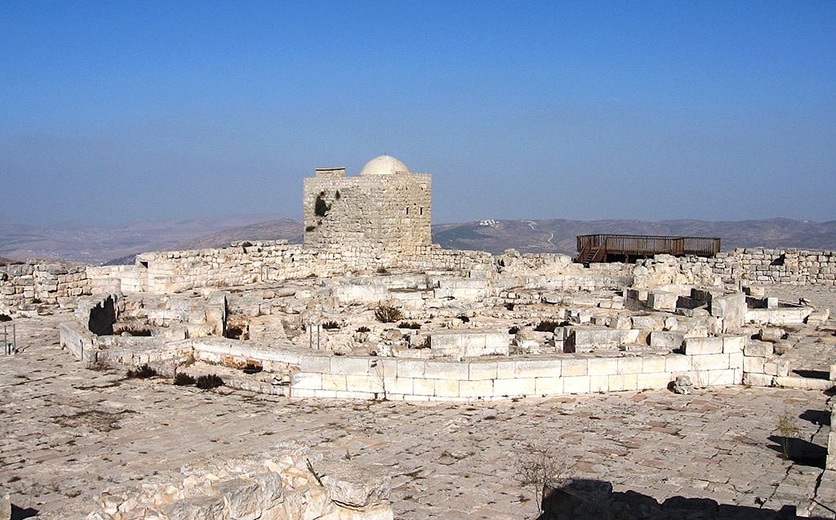The central hill country of Palestine, the natural borders of which were defined by the Mediterranean Sea on the west, the Valley of Jezreel or Plain of Esdraelon on the north, the Jordan River on the east, and the Valley of Aijalon on the south. This was the region settled by the Joseph tribes, Manasseh in the northern half and Ephraim in the southern half. References to Samaria predating the Assyrian conquest of the Israelite capital are to the city and not the political district (Amos 3:9; Amos 3:12; Amos 4:1; Amos 6:1; Amos 8:14; Hos 8:6; Hos 10:5-7; Hos 13:16; Isa 7:9; Isa 8:4; Isa 10:9-11; Mic 1:5-6). But the later oracle of (Jer 31:5-6) is clearly a reference to the region (“the mountains of Samaria”/“the hill country of Ephraim”). The use of the term “Ephraim” for the region and its people was popular with the prophets both before and after the Assyrian conquest of Samaria—especially with the earlier prophets Hosea (thirty-six times) and Isaiah (twelve times), where the term is often synonymous with the kingdom of Israel, of which this region was the political and cultural heart. In the NT, Samaria is mentioned as the region of the Samaritan religious community (Matt 10:5; Luke 9:52; John 4:1-42), as a territory of early evangelization (Acts 1:8; Acts 8:4-25), as the home of Simon Magus (Acts 8:9-24), and as an area whose churches were supportive of the theological position of Paul (Acts 15:1-3).




